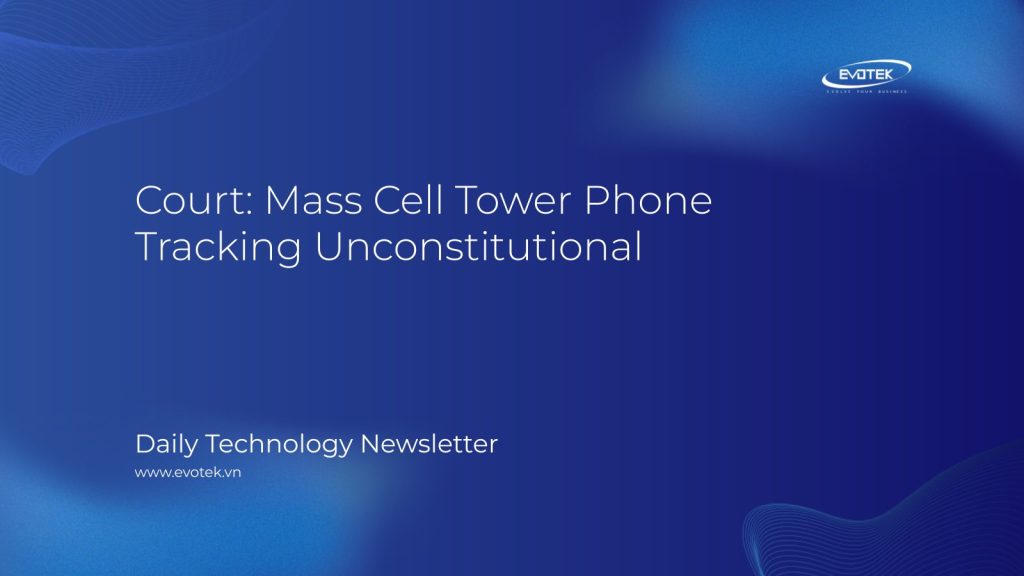A Nevada federal court has declared mass phone tracking using “tower dumps” unconstitutional, reigniting the debate over privacy versus law enforcement needs. The ruling centers on the Fourth Amendment and its protections against unreasonable searches.
What’s a Tower Dump?
A “tower dump” is a law enforcement technique where data is collected from all devices connecting to a specific cell tower during a set period. This sweeps up data from potentially thousands of innocent individuals.
The Spurlock Case
The case involves Cory Spurlock, accused of conspiracy and murder-for-hire. To link Spurlock to crime scenes, investigators used a tower dump, gathering data from almost 1,700 phones.
Spurlock’s defense argued this violated the Fourth Amendment, constituting a “general warrant” by tracking countless innocent individuals without their consent.
Judge’s Decision
US District Judge Miranda M. Du agreed, stating the tower dump was a search violating the Fourth Amendment due to a lack of specificity and probable cause.
However, the evidence was permitted in Spurlock’s trial because officers relied on existing legal standards at the time.
Privacy Concerns
Privacy advocates worry that tower dumps collect data on masses of uninvolved people, enabling reconstruction of their movements and associations, raising serious mass surveillance concerns.
Precedent and Future Implications
This Nevada decision echoes a similar ruling in Mississippi. The Department of Justice defends tower dumps as crucial for law enforcement, but conflicting rulings suggest the Supreme Court may need to intervene. The Carpenter v. United States Supreme Court case established the need for a warrant to access historical cell-site location data, but did not directly address tower dumps.
This ruling could significantly impact law enforcement’s ability to use tower dumps, potentially requiring more targeted methods.

 日本語
日本語 한국어
한국어 Tiếng Việt
Tiếng Việt 简体中文
简体中文